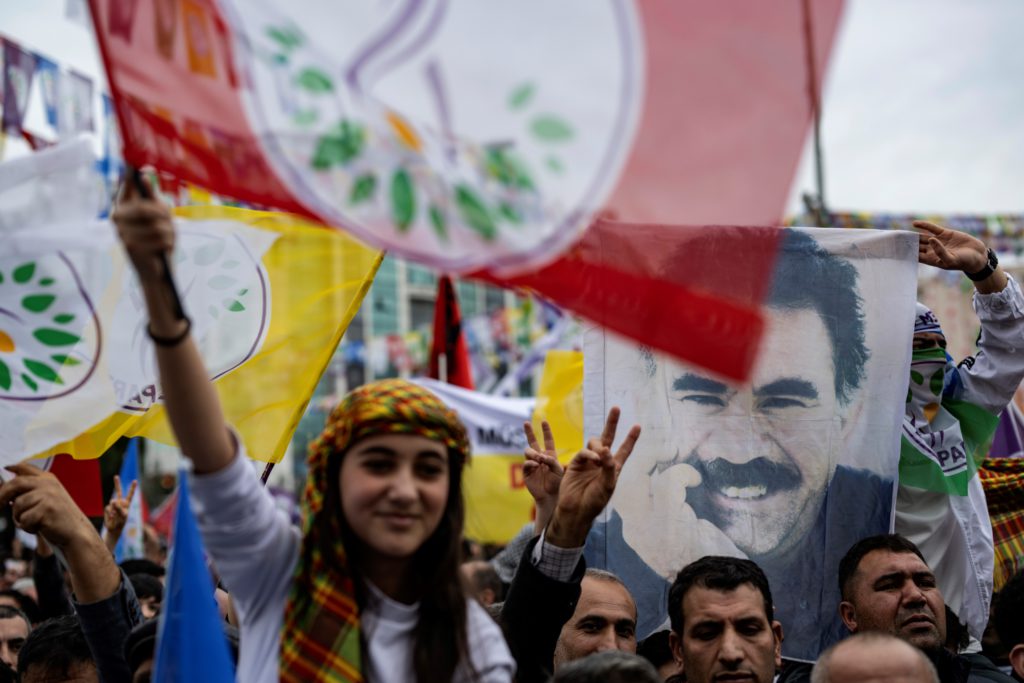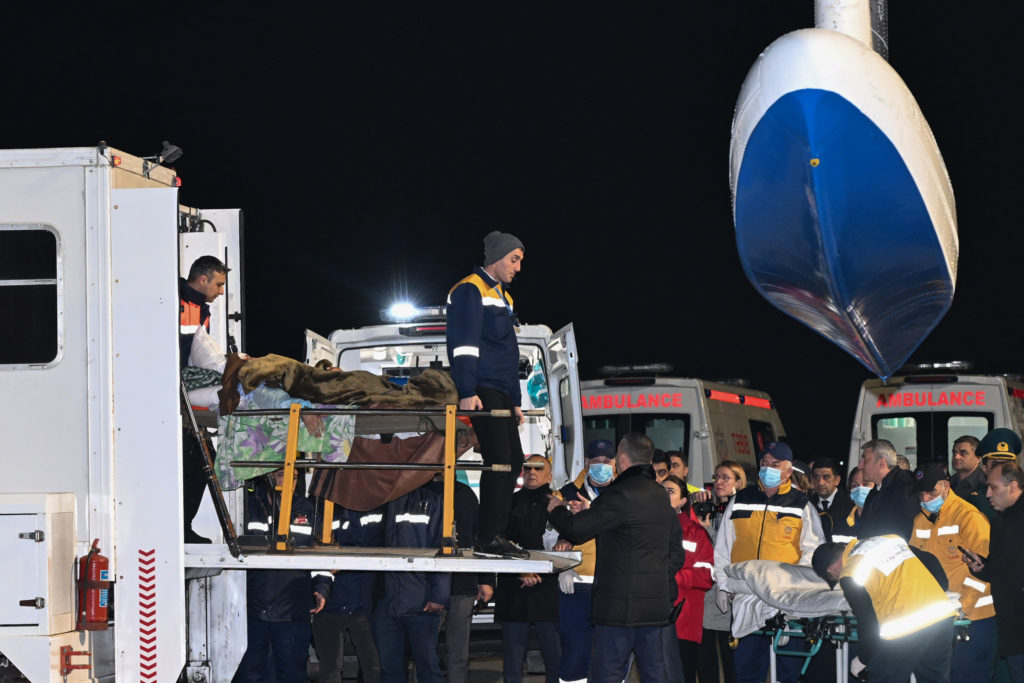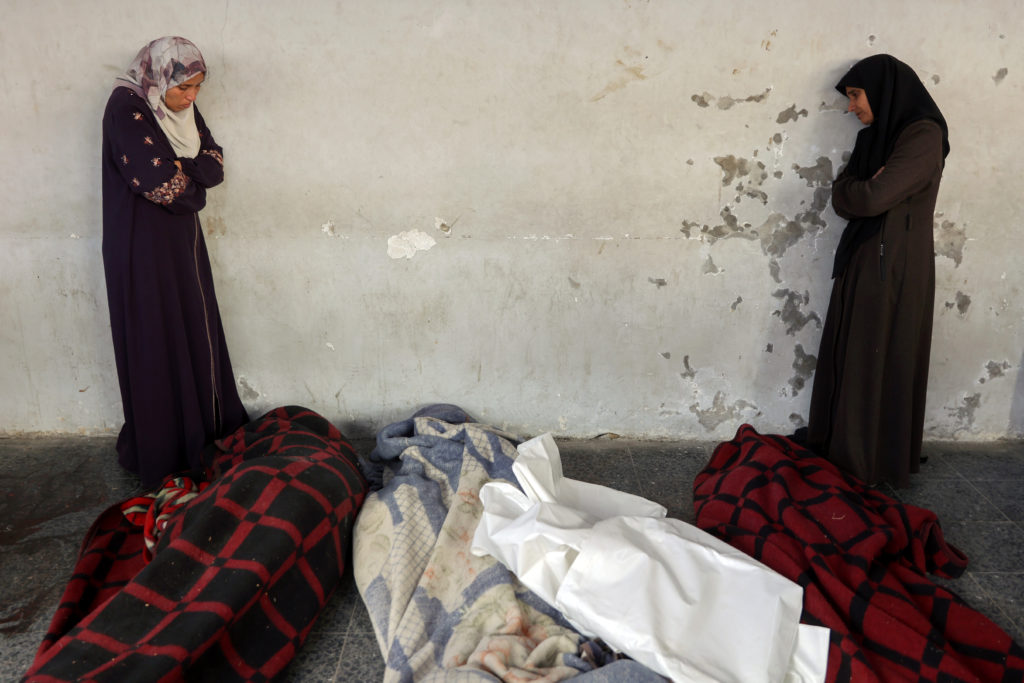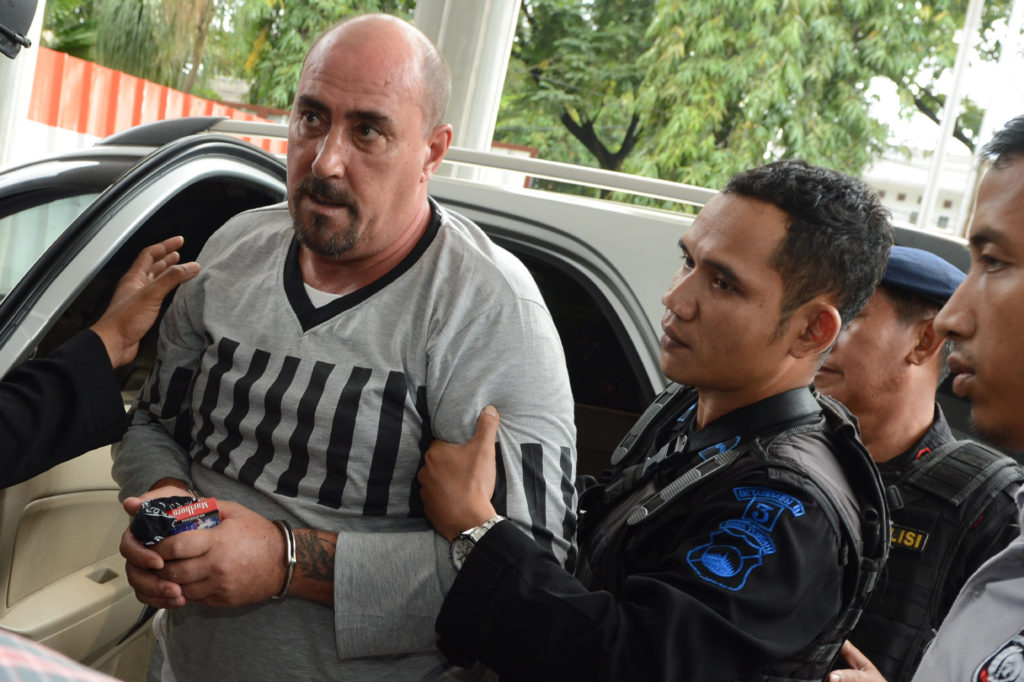The Kaduna train attack was one of several major incidents this year
Nigeria on Monday resumed a train service linking the capital with a northern city, eight months after it was suspended following one of the country’s most high-profile attacks.
Gunmen with explosives on March 28 blew up the tracks and assaulted the train travelling between Abuja and Kaduna and opened fire, killing eight people, wounding 26 and taking an unspecified number of passengers hostage.
The hostages were released in batches following negotiations with their captors who were believed to have collected huge ransoms from their families.
An AFP reporter at the railway station in Abuja on Monday said the train departed the nation’s capital at around 10:00 am (0900 GMT) for the two-hour journey to Kaduna.
Passengers were few — only occupying one-third of the train’s capacity — but excited that the service was back after eight months.
They were equally worried about security.
“I was just waiting for the commencement of this train service again, so I was so happy to be here today,” said passenger Ganiyat Adesina, a 50-year-old university professor.
She had arrived early at the station to beat the gridlock on the road.
“Just like 30 minutes after my arrival, we saw a team of military men with two armoured tanks and other vehicles — about five of them parading all these places,” she added.
“This is what I’m actually expecting the federal government to do.”
She said moving between Abuja and Kaduna had been “very stressful for people and for myself, I have to even stop going to Kaduna for the last eight months”.
Ayodeji Othman was happy “the train services are resuming and it’s been a very long time that we’ve been waiting for this.”
The 30-year-old passenger told AFP he had not travelled to Kaduna since the attack “because of the road condition as well as the security issues on the road, kidnapping and every other thing”.
Police said they had deployed personnel and equipment to protect the passengers and secure the tracks.
The Nigerian Railway Corporation — operators of the train — had planned to restart the Abuja-Kaduna service much earlier, but the families of the hostages insisted on their release first.
They were also concerned about the safety of passengers on the route.
– Security challenges –
The Abuja highway has been repeatedly attacked by gunmen who kidnap passengers, forcing travellers to opt for the train.
President Muhammadu Buhari, who steps down after a February election, sees the development of the railway as key to his infrastructure programmes.
The Kaduna train attack was one of several major incidents this year underscoring the challenge facing Nigeria’s overstretched security forces.
The military is battling a 13-year jihadist insurgency in the northeast, criminal militias in the northwest and separatist tensions in the country’s southeast.
The security challenge is a major issue for Buhari’s successor ahead of the presidential ballot.











